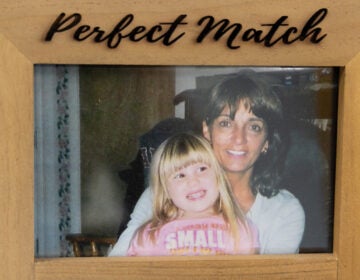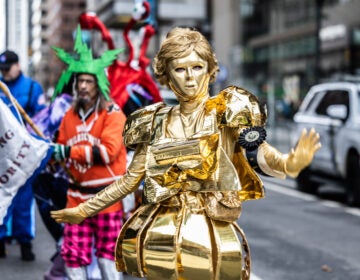N.J. horse auction house fails to attract buyers
A New Jersey auction house that many credit with saving the lives of hundreds of unwanted horses was itself up for auction on September 8 but was unable to find a buyer in the latest chapter in a months-long legal battle.
The operator of Camelot Auction House has been fighting with the State of New Jersey to keep its operating license. The dispute is technically over “paperwork,” that stems from whether Camelot can document that it is properly administering the Coggin’s Test, which is used to detect a highly contagious and sometimes fatal disease carried by horse flies. A hearing on the case is scheduled for next month before an Administrative Law Judge. A settlement does not appear likely.
Frank Carper, Camelot ‘s owner, says the state’s Coggins requirements are onerous and have caused his business to wither because customers have gone out of state where the regulations are less stringent. Lynne Richmond, a spokeswoman with the New Jersey Department of Agriculture, said that Camelot’s documentation of the tests were not in order and that the state has tried to help the auction house come into compliance.
Camelot attorney Lawrence Wohl says horses put up for sale at Camelot do get the Coggin’s Test, if they are rescued by non-profit organizations during the auction house’s weekly sales, Camelot argues that it can’t do the tests in the timeframe required by the state on the rescued animals. Horses headed to slaughter are not required to have the Coggins. ‘The state wants us to do the impossible,” Wohl said.
If Camelot closes, many animal welfare activists say horses that once were given a second chance will mostly likely be sold to slaughter houses. ”If Camelot closes down, we are losing the opportunity to re-home a lot of horses that would otherwise go to slaughter,” said Lisa M. Post, president and co-founder Helping Hearts Equine Rescue. “Camelot gave them peace of mind that horses were getting a better chance to thrive than they otherwise would.”
Horse slaughtering in the U.S. was banned in 2007. But now unwanted horses are sent to Canada and Mexico. The Government Accountability Office estimates that since that time the number of horses doomed for the slaughter house increased sharply because of the economic downturn. Properly caring for a horse costs several thousand dollars a year.
“There are usually about 20 to 30 horses in the ‘kill pen’ at Camelot Auction every Wednesday,” said Sarah Ralton, a professor in the Department of Animal Sciences at Rutgers University. “Double or triple that number because a lot of people who have unwanted horses don’t even know that outlet exists.”
WHYY is your source for fact-based, in-depth journalism and information. As a nonprofit organization, we rely on financial support from readers like you. Please give today.




